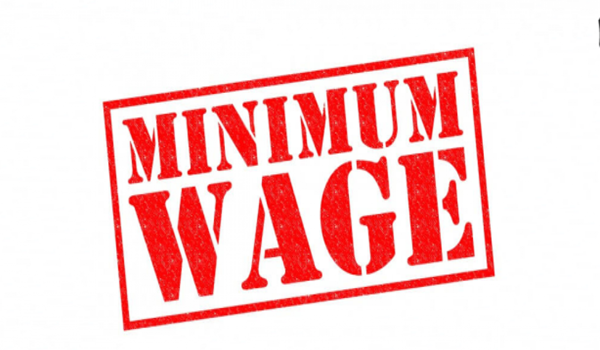
Minimum wages across Europe vary significantly, influenced by each nation’s cost of living, labour market conditions, and economic policies.
Within the Schengen area, some countries stand out for guaranteeing workers some of the most competitive minimum wages globally.
These nations not only reflect strong economic structures but also highlight efforts to ensure better living standards for employees.
Here are nine countries with highest minimum wage in Schengen area
1. Luxembourg – €2,638/month
Luxembourg tops the list of countries offering the highest minimum wage in Europe. This small but wealthy nation has a strong financial sector, high GDP per capita, and a cost of living to match. Its wage policy ensures that even low-income earners can maintain a decent standard of living.
2. Netherlands – €2,193/month
The Netherlands combines strong social protections with a competitive economy. Its high minimum wage helps sustain one of the best standards of living in Europe, with a focus on work-life balance and worker welfare.
3. Germany – €2,161/month
Europe’s largest economy backs its workers with a strong wage floor. Germany’s industrial strength, export power, and collective bargaining traditions help keep wages high while maintaining competitiveness.
4. Belgium – €2,070/month
Belgium offers generous social benefits alongside a high minimum wage. The country’s strong unions and coordinated wage-setting system ensure pay keeps pace with living costs.
5. France – €1,802/month
The French SMIC (Salaire Minimum Interprofessionnel de Croissance) is reviewed annually to track inflation and productivity. This keeps France among Europe’s best-paying countries for low-wage workers.
6. Spain – €1,381/month
Spain has made substantial increases to its minimum wage in recent years, part of a broader push to reduce inequality and improve living standards, particularly in its service and tourism sectors.
7. Slovenia – €1,278/month
Slovenia leads Central and Eastern Europe in minimum wage levels. Its steady wage growth reflects the country’s stable economy and integration into the EU’s single market.
8. Poland – €1,091/month
Poland’s rapid wage growth is part of an economic strategy to retain skilled workers and attract investment. While still lower than Western Europe, the figure marks significant progress in just a few years.
9. Lithuania – €1,038/month
Lithuania’s economy has been expanding at one of the fastest rates in the EU. Its increasing minimum wage reflects efforts to boost domestic consumption and reduce the income gap with richer member states.


